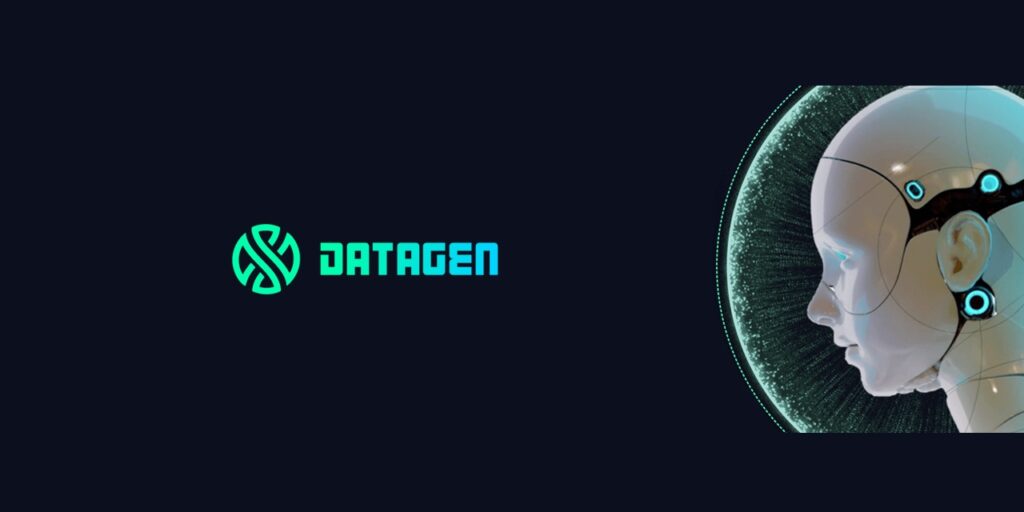DATAGEN
Basic Information
DATAGEN is an AI-driven multi-agent data analysis and research platform designed to automate end-to-end research workflows. It orchestrates specialized agents to generate and validate hypotheses, preprocess and analyze datasets, create visualizations, and compile written reports. The project integrates LangChain, OpenAI GPT models, and LangGraph to build a state graph that coordinates agent tasks and retains context via a Note Taker memory system. The repository provides runnable examples in Jupyter Notebook and a main.py script, requires Python 3.10+, and uses environment configuration for data storage, Conda paths, ChromeDriver, and API keys. It is intended for users who want to run automated research pipelines or customize agent behavior by modifying agent creation and workflow definitions in the notebook. The system emphasizes scalable analysis pipelines and enterprise-oriented automation.








